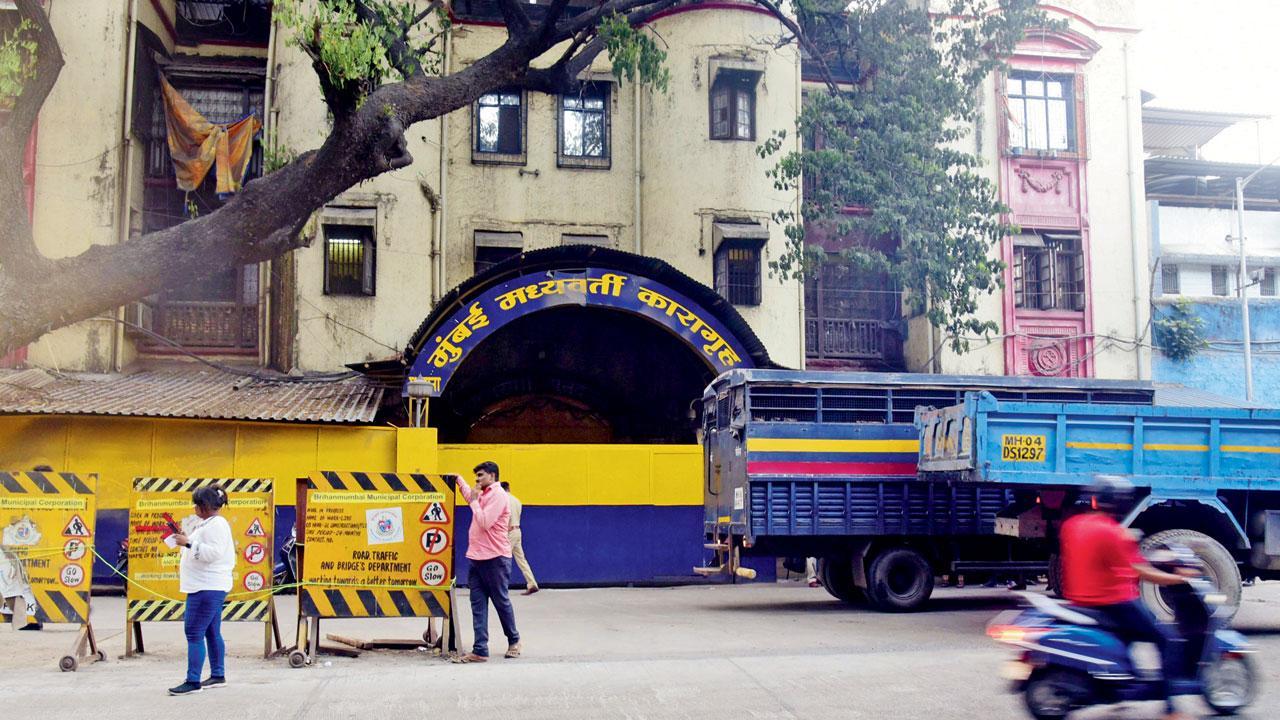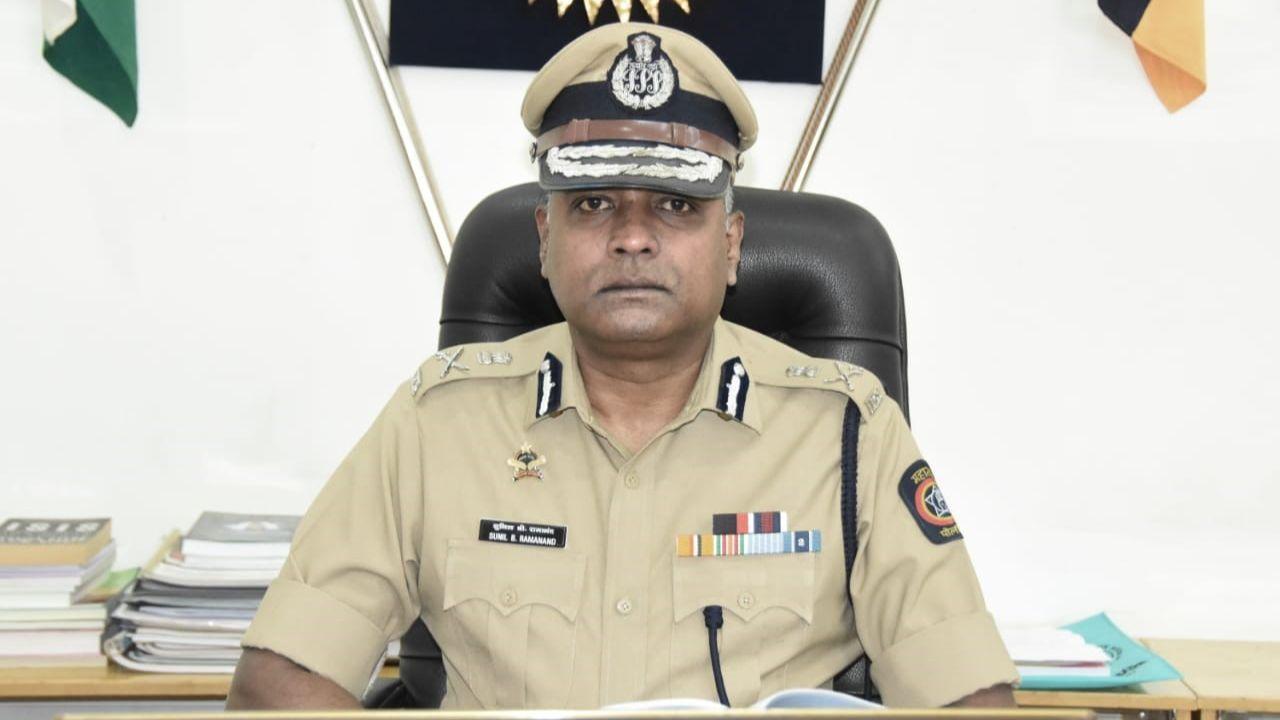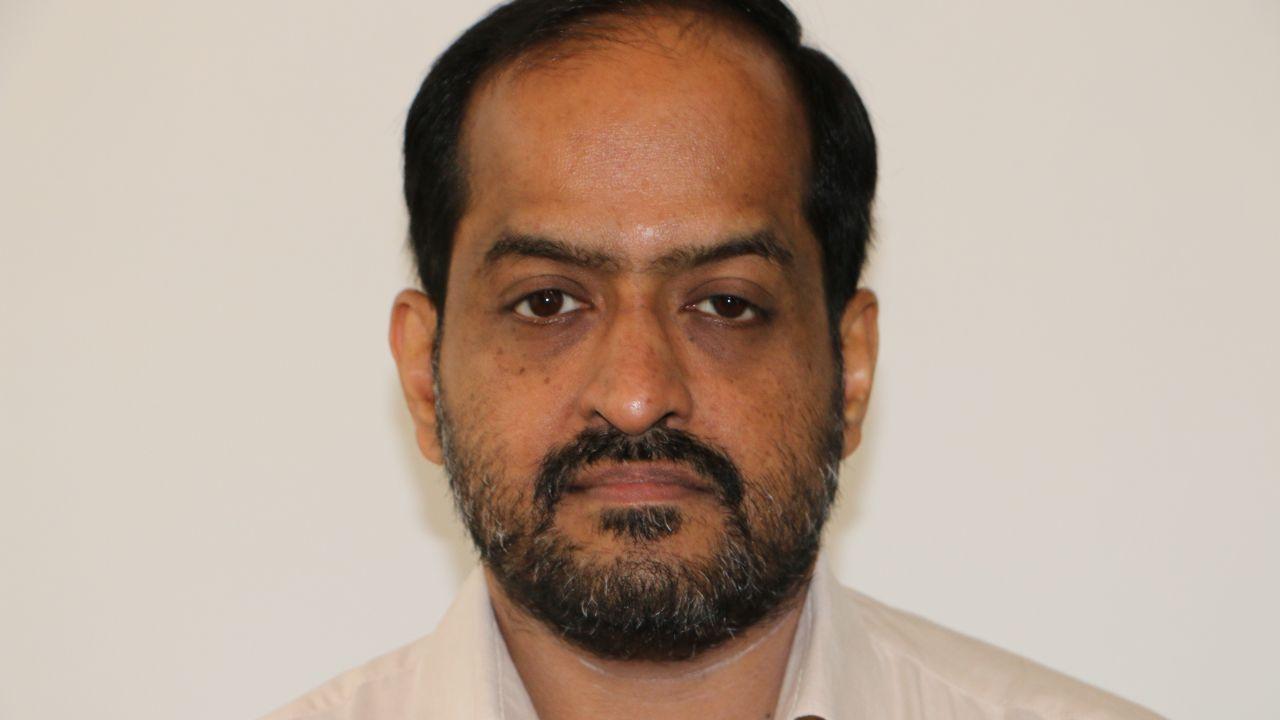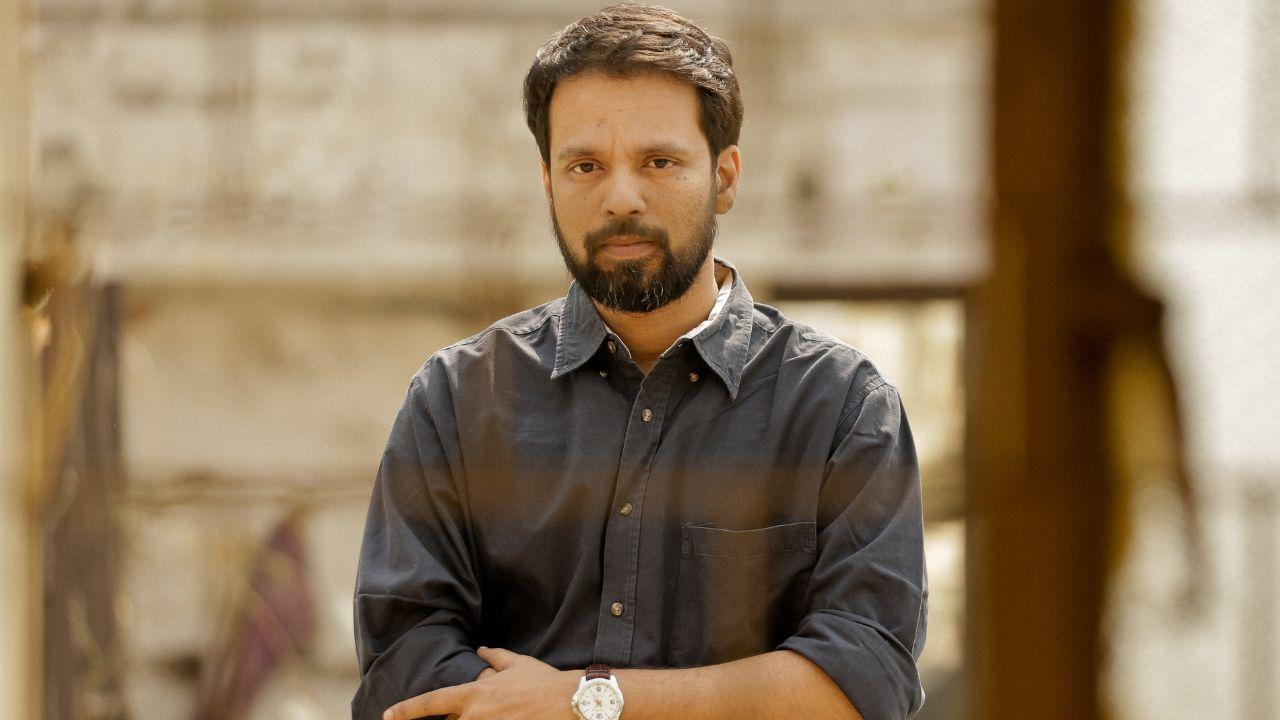Prison officials and human rights advocates emphasise the importance of education for inmate reformation

Arthur road jail in Mumbai. File Pic/Atul Kamble
Despite ongoing challenges in providing legal education to prisoners, the distance education programme for inmates has grown steadily. In 2023-2024, 106 prisoners graduated from their courses, earning a 90-day remission from their sentences.
ADVERTISEMENT
As per data available with mid-day, 73 prisoners completed undergraduate degrees and 33 completed postgraduate courses from Yashwantrao Chavan Maharashtra Open University (YCMOU) and Indira Gandhi National Open University (IGNOU). Since 2014, over 3,000 prisoners have pursued education via distance learning while incarcerated.
A mid-day report ‘Law education for prisoners hit a legal hurdle’ (June 26) noted that four out of five universities declined to provide legal education through distance or online mediums. According to the data, out of 106 male prisoners across Maharashtra, 73 graduated and 33 completed postgraduate degrees in the 2023–2024 academic year. Among them, 62 graduates and two postgraduates were from YCMOU, while 11 graduates and 31 postgraduates were from IGNOU.
Nagpur Central Jail had the highest number of successful candidates, with 28 graduates and 20 postgraduates, followed by Central Jail in Amravati with 23 graduates and 8 postgraduates.
Prison officials requesting anonymity said, “As part of the reformation process, the prisoners are allowed to enroll in distance education. In the last ten years, over 3,076 prisoners have enrolled and passed out, clearing their pre-graduation - SSC / HSC examinations, other than graduation and post-graduation examinations through distance mode. In all, 2,868 male and 208 female prisoners could continue with their study, while they were incarcerated between 2014-2023.”
90 days remission
Interestingly, in 2019, the prison department introduced a 90-day remission for prisoners who cleared various levels of examinations, as per an inter-office circular dated October 3, 2019. This initiative aims to encourage prisoners to pursue education as part of their reformation program. From 2019 to 2023, 212 prisoners received this remission, including four who passed SSC/HSC exams, 191 who completed undergraduate degrees, and 17 who earned postgraduate degrees from YCMOU and IGNOU.
mid-day contacted Sunil Ramanand, the then ADGP and IG (Prisons), who initiated the 90-day remission concept in 2019. This program continues to operate today.
On asking how he thought of such an out-of-the-box idea-of-remission for convict prisoners, Sunil Ramanand, Additional Director General (Wireless), who was then ADGP and IG (Prisons) in 2019 said, “I had read somewhere that in Brazil, a four / five-days remission was given to prisoners, who would complete reading a book from first to last page. And it was not possible to implement, something similar in our state prisons, as reading a book maybe subjective, and hence I decided to come up with the idea of giving 90 days remission, which was well within my power as IG (Prisons) with an intent to encourage convicts to continue with their education and complete their SSC, HSC, graduation, even post-graduation and Phd in distance mode.”
 Sunil Ramanand, additional director general (wireless)
Sunil Ramanand, additional director general (wireless)
When asked if the remission of 90 days, would be given, every time, the convict, passed out, for instance, if the convict cleared SSC, then HSC, graduation, PG, PhD and so on, Ramanand said, “For every level of clearing the examinations, the 90 days remission, would be added and reduced from the actual years of imprisonment. And I am happy that this method of reformation, at our correctional homes, continues, even after I moved.”
Human rights groups
Venkatesh Nayak, Director, Commonwealth Human Rights Initiative (CHRI), New Delhi, said, “The Bombay HC's directive to facilitate law exams for a convicted prisoner in prison marks a significant step towards reformative justice. Punishment should focus on purposeful reformation, not retribution, regardless of the crime's severity. Skeptics should remember that incarceration doesn't extinguish all fundamental rights. Denying prisoners the right to education or basic rights like adequate food, water, health, and sanitation imposes additional punishment beyond the trial court's intent.
“The criminal law jurisprudence in our country prevents the denudation of prisoners of fundamental rights that do not require to be curtailed in order to facilitate incarceration. Any expenditure by the public exchequer for enabling the fulfilment of these other rights is a necessary cost that society must learn to accept ungrudgingly. Ultimately, an important measure of a civilised society is how it treats people who exhibit criminal or other kinds of deviant or socially unacceptable behavior,” Nayak added.
 Venkatesh Nayak, Director, Commonwealth Human Rights Initiative (CHRI), New Delhi
Venkatesh Nayak, Director, Commonwealth Human Rights Initiative (CHRI), New Delhi
The 2016 Model Prison Manual mandates compulsory education for illiterate young offenders and adult prisoners, requiring prisons to have trained educational staff and basic facilities like classrooms and libraries. It also provides for educational classes for undertrials,” said Valay Singh, project lead, India Justice report.
“While this case may be exceptional, the fact remains that even though most inmates come from poor socio-economic backgrounds, prisons are unable to serve their correctional and reformative mandate whether it is providing education or vocational training. In Maharashtra, as of 2022, out of the over 1 lakh inmates less than 5 per cent could be provided education or vocational training,” Valay Singh added.
Human rights groups
Venkatesh Nayak, Director, of Commonwealth Human Rights Initiative (CHRI), New Delhi, said, “The Bombay HC's directive to facilitate law exams for a convicted prisoner in prison marks a significant step towards reformative justice. Punishment should focus on purposeful reformation, not retribution, regardless of the crime's severity. Sceptics should remember that incarceration doesn't extinguish all fundamental rights. Denying prisoners the right to education or basic rights like adequate food, water, health, and sanitation imposes additional punishment beyond the trial court's intent.
“The criminal law jurisprudence in our country prevents the denudation of prisoners of fundamental rights that do not require to be curtailed in order to facilitate incarceration. Any expenditure by the public exchequer for enabling the fulfilment of these other rights is a necessary cost that society must learn to accept ungrudgingly. Ultimately, an important measure of a civilised society is how it treats people who exhibit criminal or other kinds of deviant or socially unacceptable behaviour,” Nayak added.
 Valay Singh, project lead, India Justice report
Valay Singh, project lead, India Justice report
“In 2011, the Ministry of Home Affairs advised states to establish study centers in prisons and organize workshops to promote educational programs by the National Open School, Distance Education Board, and IGNOU. The 2016 Model Prison Manual mandates compulsory education for illiterate young offenders and adult prisoners, requiring prisons to have trained educational staff and basic facilities like classrooms and libraries. It also provides for educational classes for undertrials,” said Valay Singh, project lead, India Justice report.
“While this case may be exceptional, the fact remains that even though most inmates come from poor socio-economic backgrounds, prisons are unable to serve their correctional and reformative mandate whether it is providing education or vocational training. In Maharashtra, as of 2022, out of the over 1 lakh inmates less than 5 per cent could be provided education or vocational training," Valay Singh added.
 Subscribe today by clicking the link and stay updated with the latest news!" Click here!
Subscribe today by clicking the link and stay updated with the latest news!" Click here!







